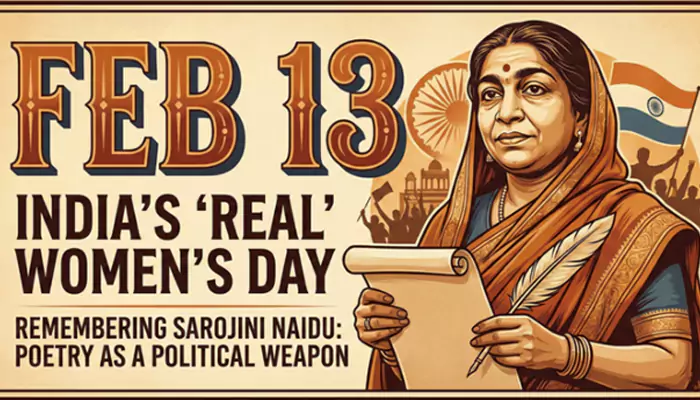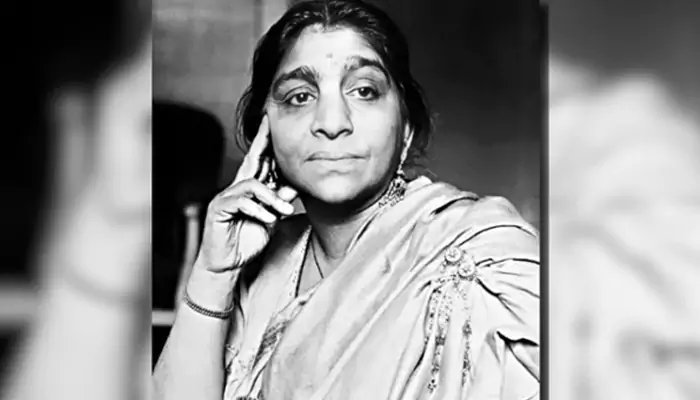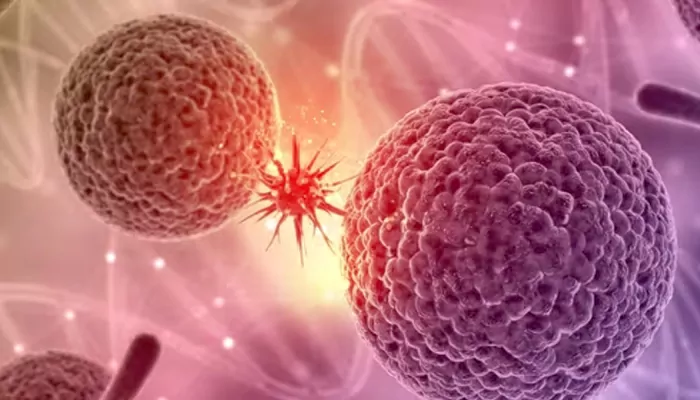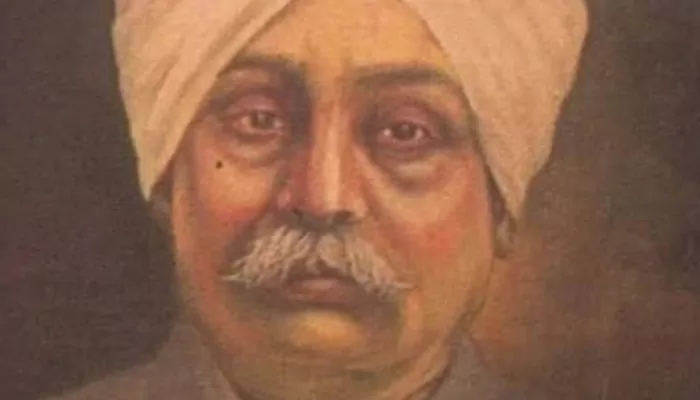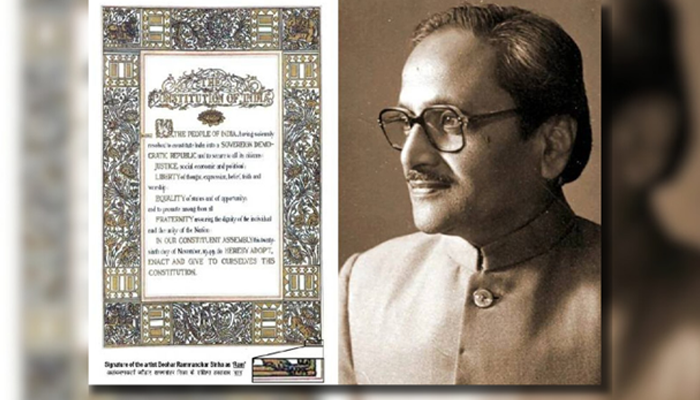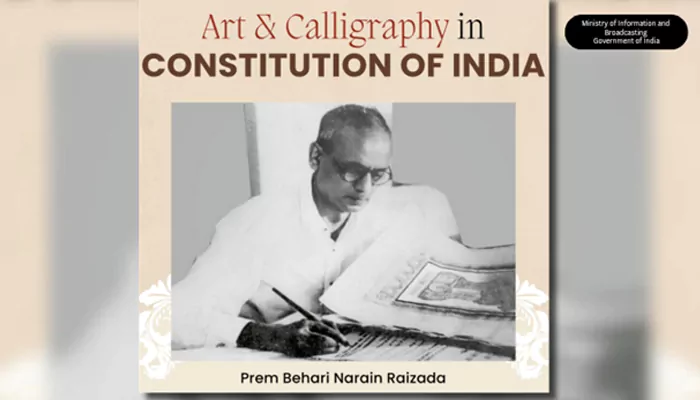On This Day: Oct 13: Birth anniversary of Rudolf Virchow, the "Father of Pathology"
- Admin
- 6 months ago
- 3 minutes read
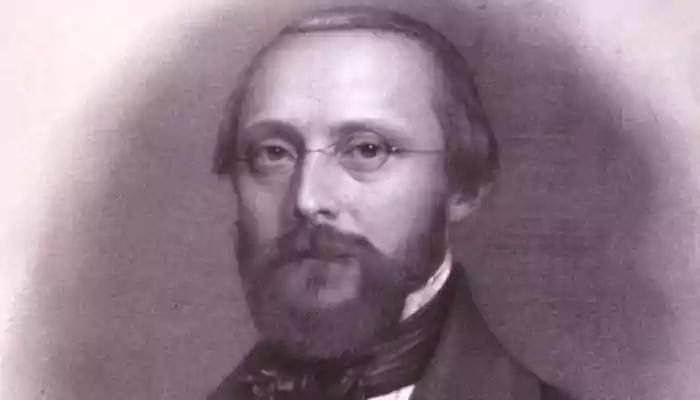
Rudolf Virchow was arguably one of the most important biologist, physician, scientist, from Germany in the nineteenth century.
He was a progressive and liberal politician that time, and even founded his own political party named German Progressive Party. On his birth anniversary, we will discuss about his contribution on science and society.
Early life and education:
Rudolf Virchow was born on 13th October in 1821 in Schivelbein, Pomerania (now located in Poland).
At the age of 18, Virchow began the study of medicine at the Friedrich Wilhelm Institute of the University of Berlin. He received his graduation degree as a doctor of medicine in 1843. Then, he started his professional career as an intern in the Charité Hospital. While working on pathological histology, he published a paper in 1845 describing one of the two earliest reported leukemia cases. At that time, this paper became a sensation among scientific community. Then, he was promoted as prosector in the same hospital. Two years later, in 1847, he along with his friend Benno Reinhardt started a new journal, named "Archiv für pathologische Anatomie und Physiologie, und für klinische Medizin" (Translation: "Archives for Pathological Anatomy and Physiology, and for Clinical Medicine").
After Reinhardt’s death in 1852, Rudolf Virchow continued as the editor of the journal, which was later renamed as "Virchows Archiv."
Virchow, a scientist with strong political stand:
In 1848, he was appointed by the Prussian government to examine the sudden outbreak of typhus in Upper Silesia area.
The report blamed the socio-economic condition of the zone, which left the government annoyed. However, Virchow made sure his ideology and political point of view never get compromised.
From that year, he started publishing a weekly journal named "Die Medizinische Reform" (Translation: "Medical Reform"). Moreover, his vigorous campaign for social reforms has led to the evolution of anthropology as a modern science in future.
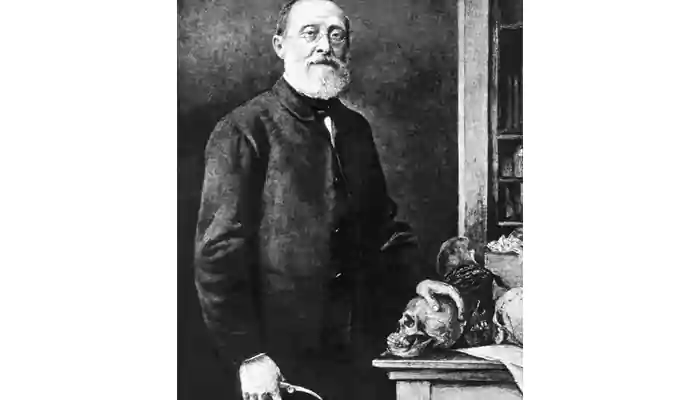
Earlier concept of disease spread:
Till the last decades of 18th century, scientists believed diseases were caused due to an imbalance of the "four fluid humours" (blood, phlegm, yellow bile, and black bile) of the body. This concept was known as "humoral pathology," which started in Greek. In 1761, famous Italian anatomist Giovanni Battista Morgagni, proved that diseases were caused by the imbalance of the humours but due to lesions in body organs. Around 1800, French anatomist Marie-François-Xavier Bichat came up with the idea that the human body was comprised of 21 different kinds of tissues, and in a diseased organ, few tissues get affected.
Virchow came up with a revolutionary idea on disease spread:
Virchow provided new insights on the process of spreading of disease and inflammation. For the first time ever, Rudolf Virchow applied the cell theory and explained the consequences of any disease on organs and tissues of human body. He came up with the idea of origin of any disease as cells not tissues or organs. In 1874, Virchow introduced a standardized method for conducting autopsies. This helped examining the whole body in detail, and also sometimes led to the discovery of unsuspected lesions.
Virchow’s ideology to the science of bacteriology was a bit complex or ahead of the time. He did not believe the idea that presence of bacteria will always cause disease. However, he suggested the bacteria might be able to produce toxin like substances, which was discovered later.
Around 150 years ago from now, Rudolf Virchow's work on disease spread via cell has led the foundation for future research on cancer and other complex diseases.


